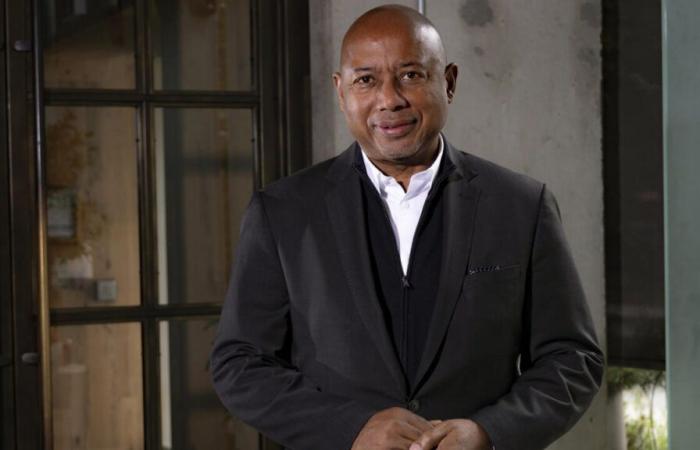Meeting with Haitian filmmaker Raoul Peck. In his new film, Ernest Cole, photographerit reconstructs the tragic fate of photographer Ernest Cole, who died in oblivion (in 1990) after documenting the barbarity of apartheid in South Africa (his native country) and segregation in the United States. Raoul Peck also recounts the wanderings of this whistleblower, forced to go into exile after the publication, in 1967, of his work.
RFI : Do you remember the first photo you saw of Ernest Cole?
Raoul Peck : So, I remember the first photos, it was a long time ago in Berlin when I was studying. The anti-apartheid fight was beginning and Ernest Cole's photos circulated a lot because it was the first time that we discovered the horrors of apartheid at the level of a man, at the level of a man and a woman, since he photographed his own world.
And in 1966, he left theSouth Africa. Forever, he knows, he is going to work in the United States. Except that his life in the United States will be much less flourishing, much sadder.
He is seen, perceived as a black photographer even though he wants to be a photographer, like one of his idols, Cartier-Bresson. And Ernest Cole's ambition was also to photograph, as he said, the human condition. And for that, you have to be able to move. However, he was not allowed to move.
You, Raoul Peck, literally put yourself in the shoes of Ernest Cool for months, even years. You delved into his innermost being, including when you made him say, but it is based on your investigation that he wanted to commit suicide at a certain point. What portrait do you have of Ernest Cole? ? He's an angry man ?
He is an angry man, but he is a man, like many men and women I have known in exile, who are disturbed, who are torn, broken by the distance from their country, who suffers very often. So, he is also isolated in this society.
Whether you are in France or the United States, Raoul Peck, Haiti inhabits you a bit like South Africa inhabited Ernest Cole. How do you view today, as a citizen, but also as a filmmaker, the recent events in Haiti and the chaos into which the country has fallen?
It's not even a look that I wear, it's something that I experience every day. I have conversations every day with what is happening, with friends, activists, civil society actors in Haiti who have been fighting for more than seven years to find a political agreement that will allow the country to emerge from this non-constitutionality that we are experiencing. We have not had elections for more than seven years and therefore civil society has tried, and with great difficulty, to find political solutions to get out of this situation. Unfortunately, the partners we face, including the United States, I can't even say France, because France is completely out of the game in this battle. There are a lot of words, but very few facts, and we do not really understand the attitude of the so-called friends of Haiti, such as the United States, Europe, France, Canada, who are of course afraid of entering a quagmire, but which they themselves have encouraged for many years.
Also listenRaoul Peck: “Hierarchizing races is the root of all genocides”






